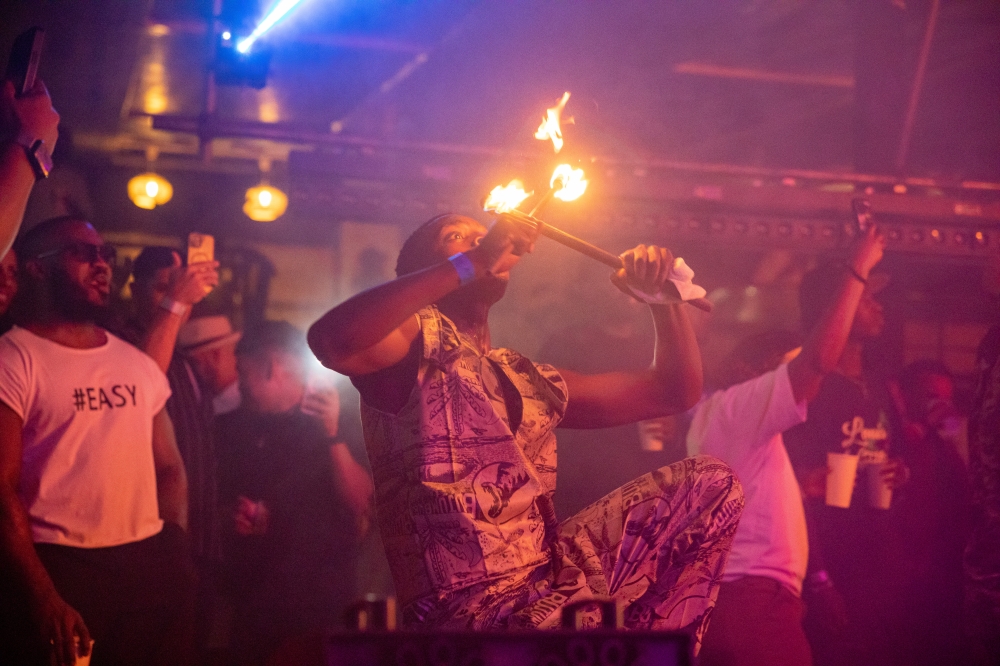Hundreds of foreign dignitaries have begun filtering into Kigali to join the rest of the nation in commemorating the 20th anniversary of the 1994 Genocide against the Tutsi. The period, though emotional to the whole nation, is also a wakeup call to not let this country travel down the same route again. Overcoming grief has opened new doors to reconciliation and harnessed the power of courage, resilience and a sense of purpose to Rwandans.

Hundreds of foreign dignitaries have begun filtering into Kigali to join the rest of the nation in commemorating the 20th anniversary of the 1994 Genocide against the Tutsi.
The period, though emotional to the whole nation, is also a wakeup call to not let this country travel down the same route again.
Overcoming grief has opened new doors to reconciliation and harnessed the power of courage, resilience and a sense of purpose to Rwandans.
This period should remind the world of its shortcomings; especially the United Nations that abandoned the victims in the slaughterhouse yet it had a mandate to protect them.
It is a time when the world body should atone and reengineer its existence and not sweep its weakness under the carpet, nor reward those who brought it into disrepute and caused the death of over a million souls.
There is no need for UN observers in a situation like Rwanda was experiencing in 1994 when what was needed then were peacekeepers with a robust mandate to use force when required. Instead, Kofi Annan buried his head in the sand as Rwanda’s lush green countryside was turned red.
The mere fact that the then head of peacekeeping operations in the UN – who refused to heed calls by UNAMIR commander to intervene to avert the extermination of a section of society – was instead shortly rewarded with the topmost post in New York, should be an indelible blot on its conscience.






